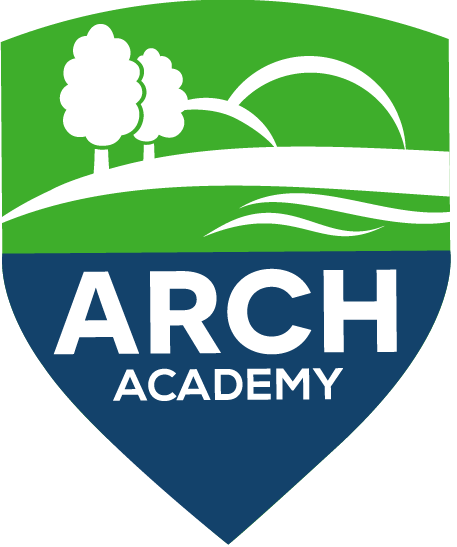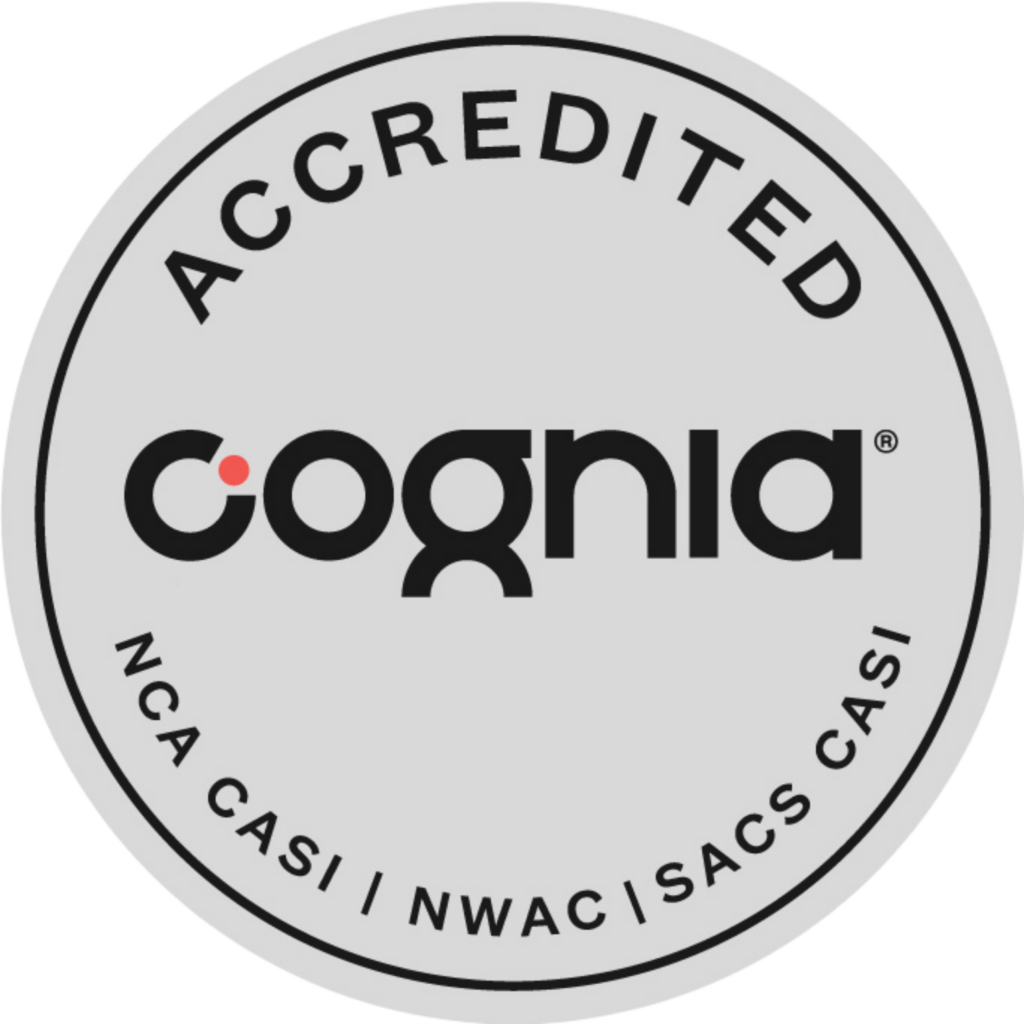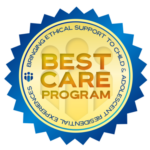He’s in School Counseling. Why Isn’t It Working?
Public and private school counseling services address substance abuse on a mostly preventative level; their resources in its treatment are limited. Because this training is not included in the curriculum to work at a school, we must ask several questions about whether this level of counseling is sufficient for your son.
For example, how involved does the school counselor become in the assessment and treatment for students who are suspected of abusing alcohol and/or drugs? Are there any state, county or school district substance abuse intervention steps put in place to advise school administrators and counselors?
In the state of Tennessee, the answer is yes, there is a substance abuse intervention protocol guide for school administrators and counselors to reference. Titled Tennessee Comprehensive School-Based Mental Health Resource Guide, and published in October of 2018, this guide was based on lessons taught to school educators and counselors through Project AWARE (Advancing Wellness and Resiliency in Education), which is part of the SAMHSA (Substance Abuse and Mental Health Services Administration) grant. When school counseling is not enough for a student, this guide offers a tremendous number of resources for the school administrators and counselors – as well as parents – to help each student access the appropriate level of care.
Whether you’re a parent, school counselor or school administrator, you’re reading this article because you’ve already assessed that a student will need more than school counseling. When looking for treatment outside of school walls, you want to be sure that a particular provider or treatment program is the best fit for that student. Here’s how to get started.
Ask Questions
The most important step to take in finding the right treatment fit for a student is to ask the provider or treatment program administrator questions that help you understand their treatment approach. Know ahead of time which questions you want to ask and compare answers from numerous programs in order to make an informed decision.
Published Assessment Tool and Comprehensive Treatment
What a provider uses as an evaluation tool is a very important part of the decision-making process. You’ll want to check whether their assessment tool has been tested and how it compares to others.
Within their assessment, ask if there are questions about a student’s positive traits – such as strengths, values and interests. Positive forces in a student’s life will give treatment a building block in which to develop as they become substance-free.
Because students tend to have difficulties in more than one area of their life, it is also good to ask a provider whether potential triggers for relapse (i.e. school, friends, family, sports, part-time job, etc.) are evaluated at some point during treatment. These extra considerations provide therapeutic insights that may not have been gleaned in a school counseling setting.
It will be important to note whether the program has an array of services that address problem areas uncovered in the assessment on site and/or the provider has referral relationships with outside programs that can do so.
Comorbidities and Therapeutic Options Outside of School Counseling
When a student is diagnosed with two or more mental health disorders or illnesses that directly affect the other diagnosis(es), these are referred to as comorbid diagnoses (comorbidities or dual diagnosis). Comorbidities may occur at the same time or one diagnosis might follow right after another. However they occur, their interactions can worsen the other’s treatment and recovery course. As a student has already been diagnosed with substance abuse disorders (SUDs), and mental health issues often play a large role in drug and alcohol abuse, it is important the provider evaluates for comorbidities.
The follow-up question that is important here is whether or not the provider or program treats mental health issues as well. This area of care often lies outside the expertise of school counseling centers. Treating comorbid diagnoses often requires communication and integrated services amongst the support staff in order to facilitate the student’s treatment plan most effectively. Having access to this kind of treatment collaboration is beneficial to the student and their support systems.
Inclusion Support and Transition
When a student transitions out of school for mental health and medical treatment services, it is great to find a program with providers that work with the school to make the transition back as seamless as possible. A few questions you might want to ask when researching facilities are listed below.
Ask if the treatment program communicates regularly with students’ schools. Schools are typically able to provide the student’s schoolwork that is being covered in the current curriculum to the educators at a treatment program. In turn, the program’s educators return completed schoolwork to the student’s school and give the faculty a better understanding of the student’s needs upon their return. More importantly, this will help ease a student’s concern about their academic progress, reducing stress and triggers.
Including the school counseling department in the student’s treatment progress and discharge planning back to school may be something you want to consider as a parent and school administrator. Upon the student returning to school, a counselor can provide support and help keep them on the right track. This provides the student with an on-site resource to prevent spiraling, especially if triggered. You may also consider asking the treatment program and school counseling department to schedule strategically spaced check-ins with a pointed school counselor as part of the student’s discharge plan.
With due diligence, you can find a program that meets your child’s needs when school counseling isn’t enough.
School Counseling Alternative
If your son has a problem with drugs or alcohol, help is available. ARCH Academy combines addiction treatment services with an academic focus to give teenage boys a second chance. Contact us online or by calling (800) 646-9998 for a confidential assessment and fully individualized treatment plan.





